
God’s mechanic: How Salesi Faupula found himself following a family tradition
Posted on 11 Feb 2026
Rev. Salesi Faupula is the Uniting Church’s moderator for the synod of Victoria and Tasmania. Born…
Posted on 14 May 2024
By Greg Thom, journalist, Institute of Community Directors Australia

As someone who has overcome drug and alcohol addiction, homelessness, family tragedy and a debilitating lack of self-esteem, Jaron Green says it’s never too late to turn your life around.
Tell us a little bit about your background.
I guess as a teenager I was kind of rebellious and a bit of a f*ck-up and just fell out with my family. I can’t really blame anybody but myself for ending up a street kid in Perth because it was kind of my choice.
I made a lot of friends in the city when I was quite young and they were living that lifestyle and I just fitted into it quite easily. I spent a lot of time couchsurfing between 17 and 20 or living in squats or sleeping on park benches.
With a bit of help from girlfriends, I ended up finding a better path and got work in a night club, but obviously, alcohol was a big factor in that kind of work environment.
So, I spent pretty much the next 20 years just sort of boozing. I was always in hospitality and did get some work, but it’s also genetically inherited. I’ve got an alcoholic father and alcoholic grandfather on my mother’s side, so it was just a very normal way to cope.
But it was actually a catalyst for me when my marriage broke up, I was made redundant from work, I suffered a stroke at 37 and then I was getting worse and drinking more and getting back into old habits of selling drugs and being high on marijuana most days.
I was pretty much a train wreck.
Then, around the time when my lease was set to expire, my cousin accidentally killed himself shooting up methadone, which was like this earth-shattering thing for me and I wasn’t handling it very well.
I ended up on the streets again.
I called a place a place called Entrypoint Perth which is a service that helps you find somewhere to stay when you’re in crisis and they hooked up an appointment with St Pat’s.

Tell us about becoming involved with St Patrick’s Community Support Centre.
After I got off the phone to Entrypoint I found out where my local Alcoholics Anonymous was and went to my first meeting. I did AA for two years, but the place Entrypoint found for me was St Patrick’s, so I moved into St Pat’s.
They had a system going where there were like 20 lads living in the same building where there was a head lodger, where one of the guys was in charge and would do things like help solve disagreements and feed things up the chain to St Pat’s staff.
The head lodger kept asking me to be the other head lodger because I knew how to work the fire panel. One night it went off and I just pressed a couple of buttons and he said, “How do you know how to do that?” I said, “I used to work in a hotel.”
He was begging me to be the other head lodger because they want two, but I was like “I don’t want any responsibility. I just want to go to my room, stay sober, go to my AA meetings. That’s all I want to do.”
I started to see a clinical psychologist on the mental health plan and I built a really good rapport with them. I wanted to try and get as many sessions with them as possible.
I started skateboarding again and doing all those things I was doing before I started drinking, ironically. It was like a really profound reliving kind of thing, like figuring out how to be a human.
I saw a psychiatrist and said that I’ve been drinking most of my life and don’t really know who I am. He said “Well, who do you want to be?”
It was really profound to me to think “Wow, I can be anything I want.”
So I started to be more responsible, I started to host some of the AA meetings and I agreed to be the other head lodger at St Pat’s.
Then I found out my first week in charge that he [the other head lodger] was the bloke selling the meth [to other lodgers]. He was breaking all the rules and saying I had to have his back.
It was really confronting to find out he was lying under everybody’s noses. It was really hard for a few weeks, and we butted heads, but I just did my job.
Then he died in his room. I was just shocked because I didn’t know what to do. But then I thought, well, this has happened and this is my house now.
I started to lean in and was at the time learning a lot about [Swiss psychiatrist and psychoanalyst] Carl Jung and the shadow self and being okay with being myself and not leaning on substances to feel okay.
I just started to yell at the boys that were running amok and saying that if they were on drugs, they had to get out. “I don’t mind if you are having a beer but clean up after yourselves.” I just started being kind of bossy.
One night one of the guys wanted to fight me, but the guy standing next to him said “No, you just do what he says.” I had solidarity now because the boys that knew me longer knew that I was doing the right thing for them. It wasn’t about my ego.
I realised that carrying this responsibility was really powerful for my sobriety. That’s when I figured maybe I should learn more about what these guys [St Pat’s social workers] were doing.
I went to their website and found the volunteer application form and they asked me to come in and meet them.
I just started doing more and more things and then they offered me a shift a week and if someone was sick, I’d do the cleaning role. I just kept putting my hand up and everything evolved from there.
One year an emergency relief role came up, which I haven’t had any qualifications for, but because I showed aptitude and was keeping an eye on what other people were doing and making friends in St Pat’s, I grasped it quite quickly.
Emergency relief is when you do data entry on the computer and find out what someone’s going through and help them out with a food voucher. I found out I was pretty good at that because of my own past experiences.
There was a bit of an us and them mentality where people would only ask for what they needed but the minute I started saying that I’ve been on the street too, they were like “Oh, you’re one of us.” They’d start to reveal a bit more about themselves and I felt like I was getting through to people and helping them.
It became this kind of ironic thing that in order to really be successful at helping someone else, I had to be selfishly caring about myself first.
"I just love my job. Why would I want to do anything else?"
What difference has St Pat’s made to your life?
They put a lot of trust in me and I had pretty much zero self esteem but through making these relationships and being responsible, I just kept building these little tiny bricks back together, these shards of this broken soul that slowly built pride.
I’d never had that, and I think about it quite a bit actually. I do feel privileged that St Pat’s have bent the rules a bit to help me navigate my path. I do wonder that if I’d landed anywhere else, would I still have had the same results.
I can’t say that they saved me, because I definitely had to have that input, but they saw that in me.
How did you feel when you won the Best Accidental IT Person of the Year category at the Infoxchange Australian Not-For-Profit Technology Awards?
On the night of the award, Lyn [from St Pat’s] said to me, “You did this.”
I think I was okay with not [winning] because there were so many other outstanding nominations. It was fine if I won, it was fine if I didn’t.
Winning the award was nice, but I’ve got the girl [wife Shelley], I’ve got the baby [daughter Maisie], we’ve just purchased a home. I feel like a pretty big winner already.
It’s awesome, but I also feel like the fact that St Pat’s put me forward was all I needed. They are saying to me, “We think you’re it, mate.”
When I got back, we had a bit of a get-together and everybody gave me a round of applause and lots of hugs. It was really lovely.

Where to from here for Jaron Green?
I absolutely love St Pat’s.
Honestly, I’m doing exactly what I want to be doing right now.
I’ve become good at my role because I have met everybody, because I understand how the place functions from the bottom up. I’ve literally cleaned the toilets.
I connect things, and when it comes to their computers, they don’t really understand the software, but I can make it easier for them to help more people.
I did do the face-to-face stuff with emergency relief, but I realised that if I help a case worker, they’re helping 10 people.
So, I’m super proud of St Pat’s, I really believe in the mission.
I just love my job. Why would I want to do anything else?
My experience is shared with a lot of the clients, and you know, in the eyes of the staff, I remind them that this is what every client that we have is capable of and it’s my responsibility to keep kicking goals and keep myself on top.

Posted on 11 Feb 2026
Rev. Salesi Faupula is the Uniting Church’s moderator for the synod of Victoria and Tasmania. Born…
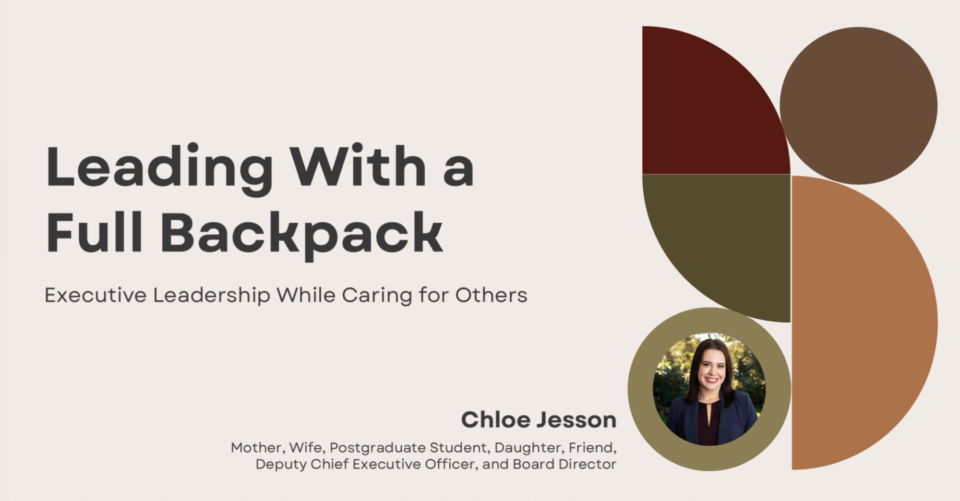
Posted on 04 Feb 2026
At the Third Sector leadership conference in Sydney last year, Queensland health executive Chloe…
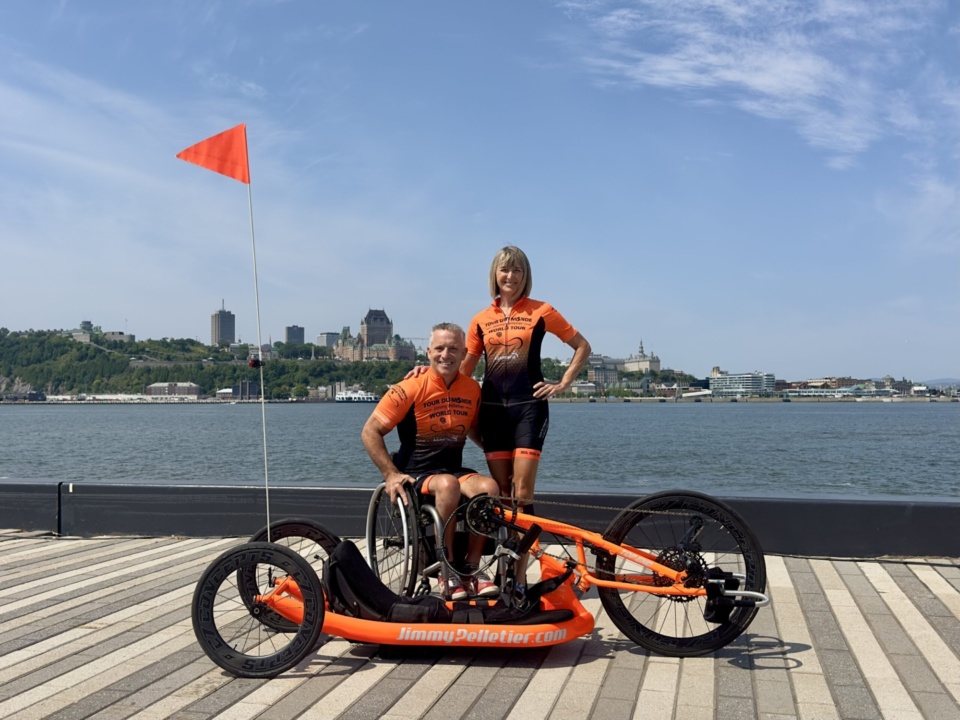
Posted on 28 Jan 2026
French-Canadian Jimmy Pelletier, who lives with paraplegia, is six and a half months into a…
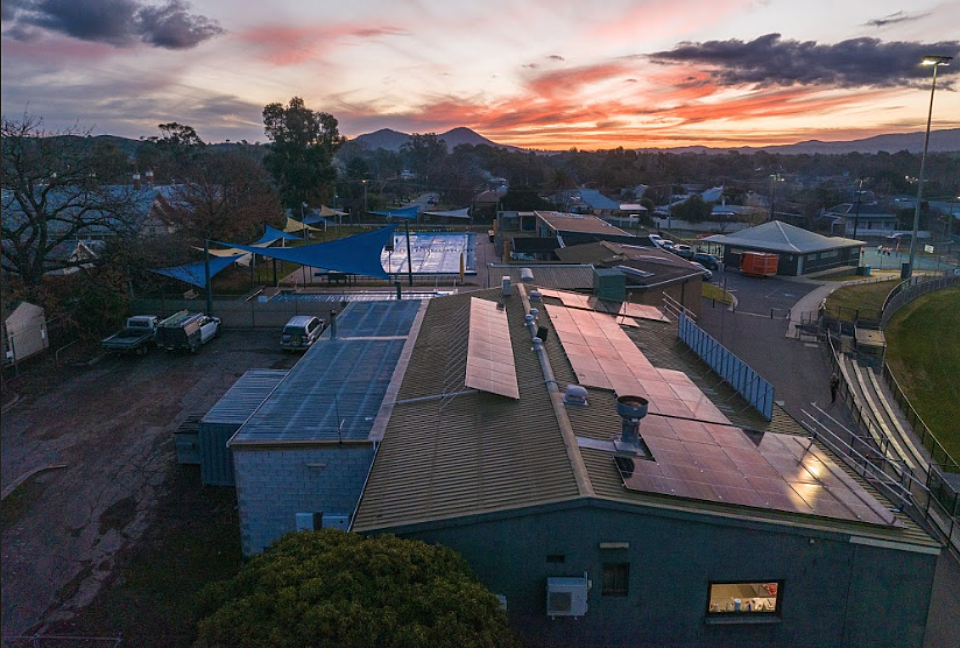
Posted on 16 Dec 2025
Lex Lynch spent more than two decades in the climate change and renewables field before last year…
Posted on 10 Dec 2025
A long-time advocate for rough sleepers in northern New South Wales has been named her state’s…
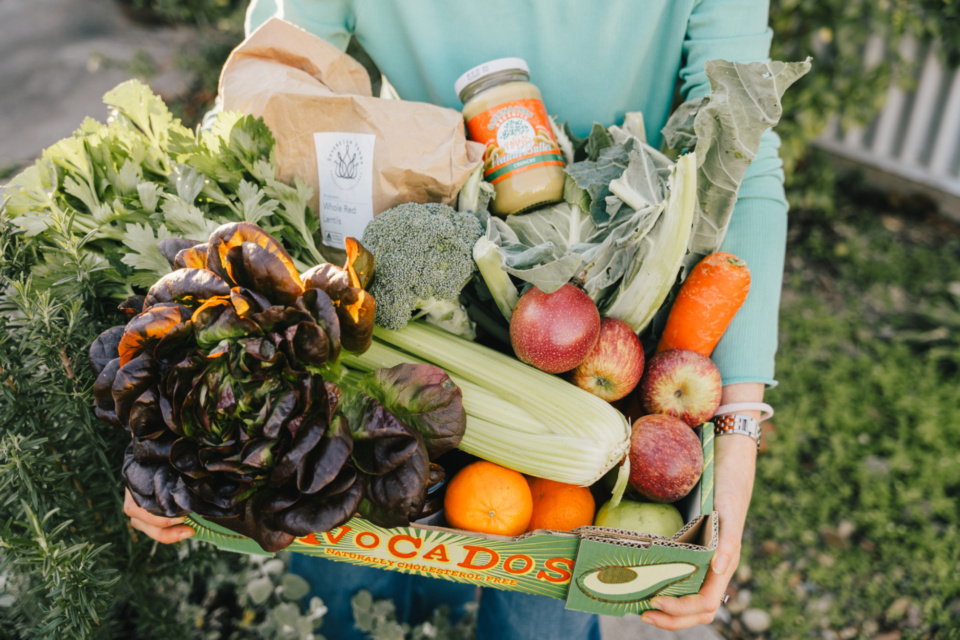
Posted on 03 Dec 2025
Emma-Kate Rose is the co-CEO of Food Connect Foundation, working with communities to support the…
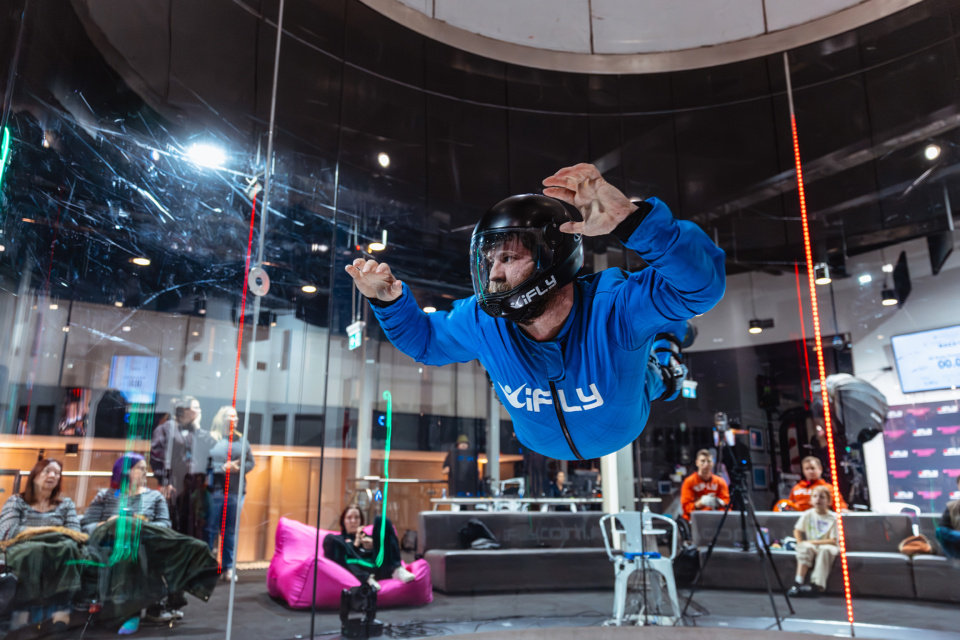
Posted on 26 Nov 2025
Next Wednesday, December 3, All Abilities ambassador Greg Pinson will be celebrating the…
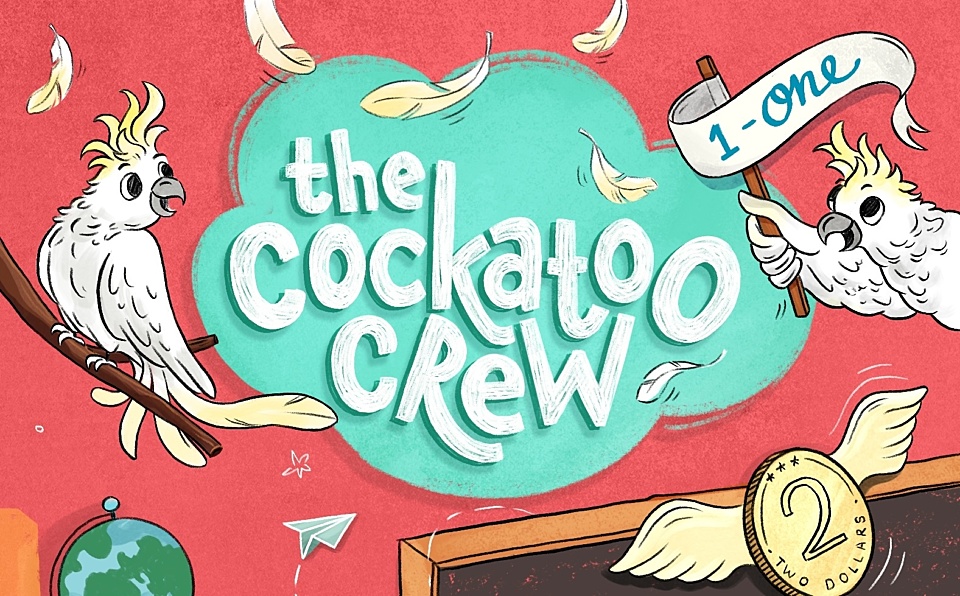
Posted on 19 Nov 2025
Lora Inak is the author of the Cockatoo Crew books, a new children’s fiction series (illustrated by…
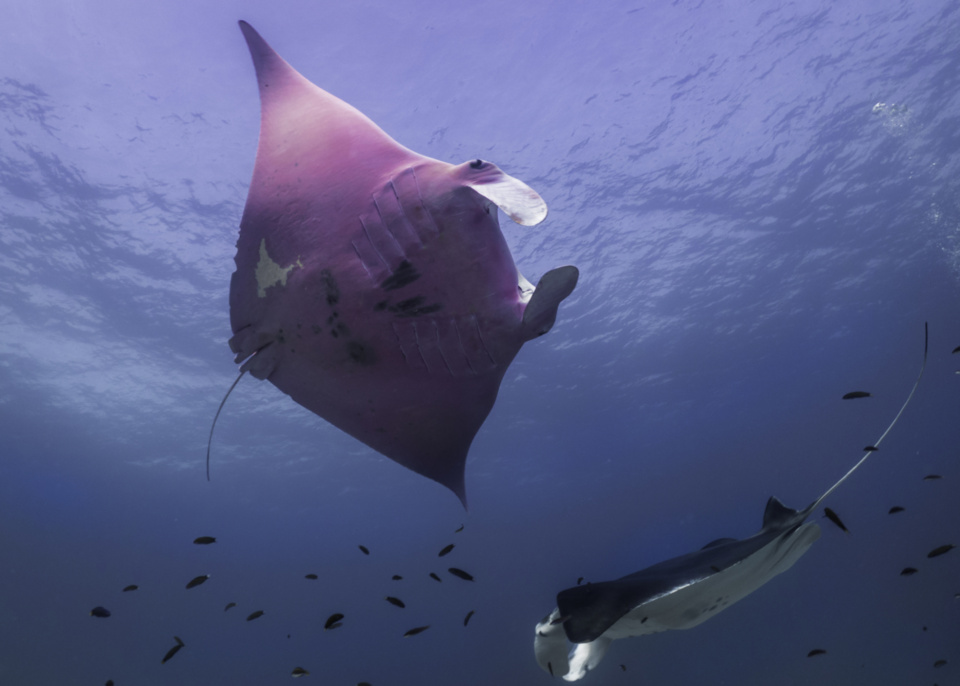
Posted on 11 Nov 2025
Project Manta, a long-running scientific study that includes a citizen scientist component, is…
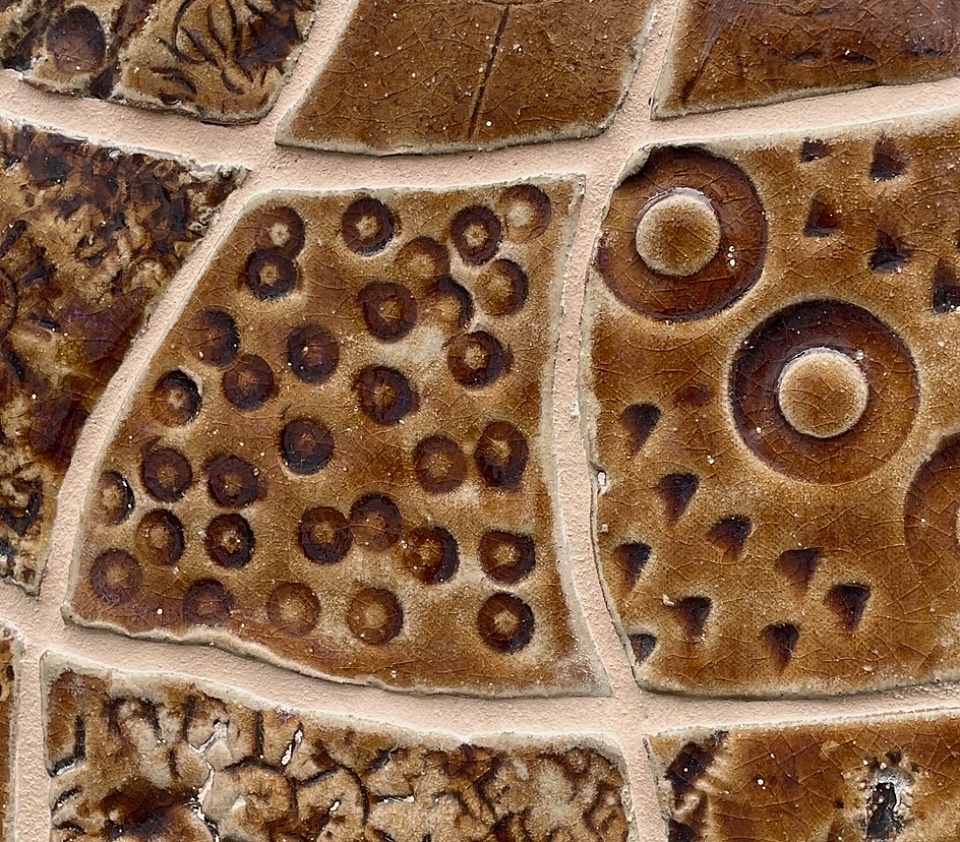
Posted on 04 Nov 2025
Diamando Koutsellis is the CEO of the not-for-profit Australian Ceramics Association, as well as a…
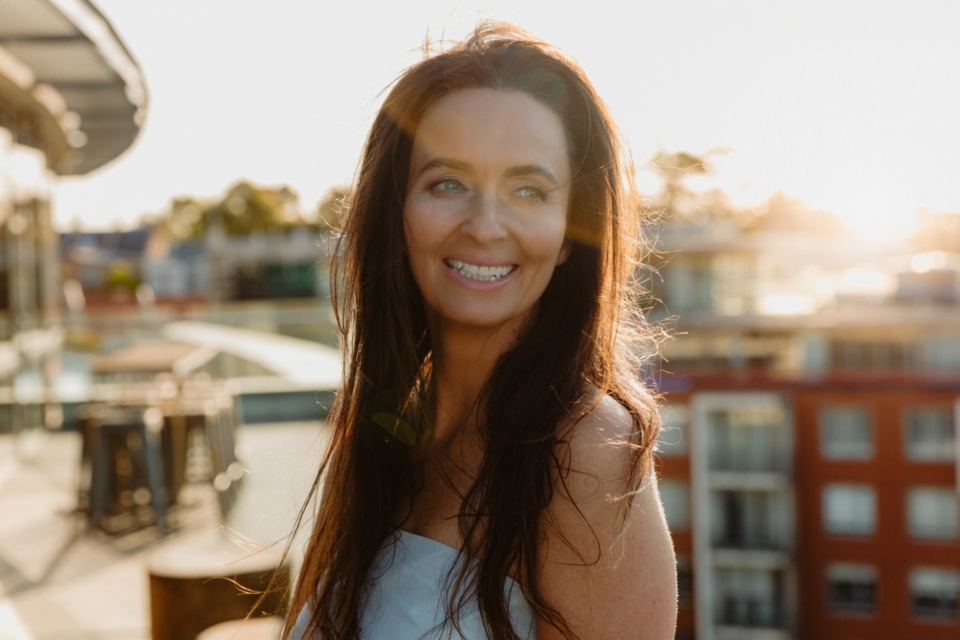
Posted on 28 Oct 2025
Mandy Richards is the founder and CEO of Global Sisters, a charity reinventing employment,…
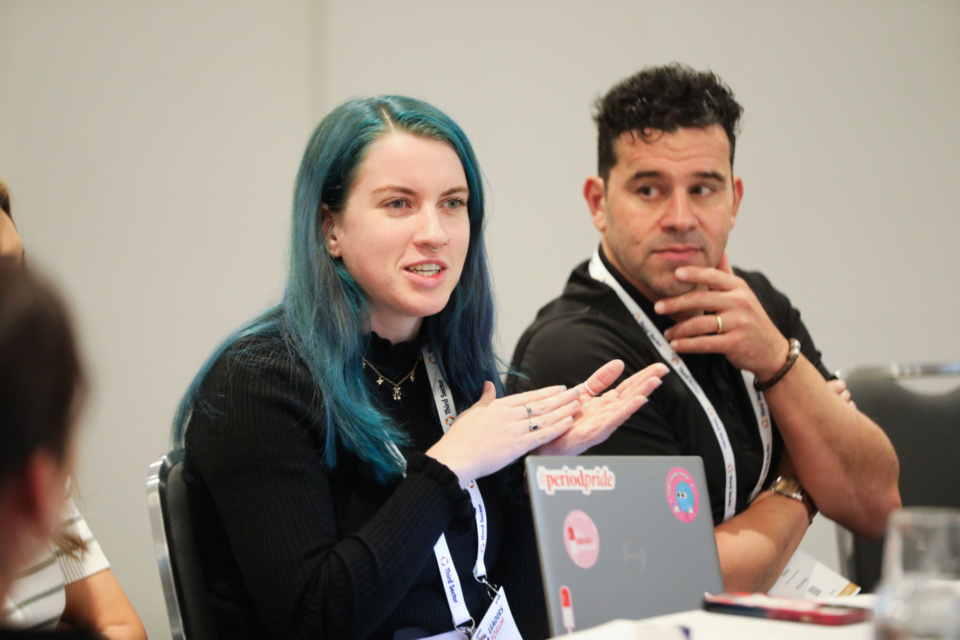
Posted on 22 Oct 2025
Brittiny Edwards is an advocacy and communications specialist for Share the Dignity, a charity that…